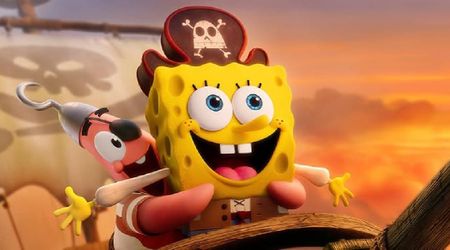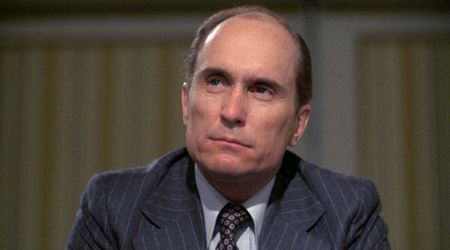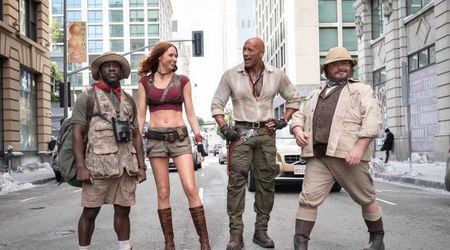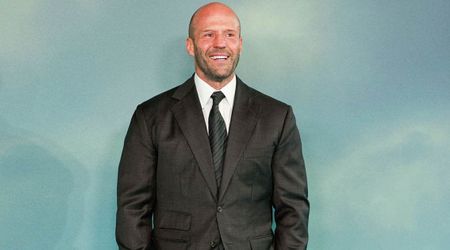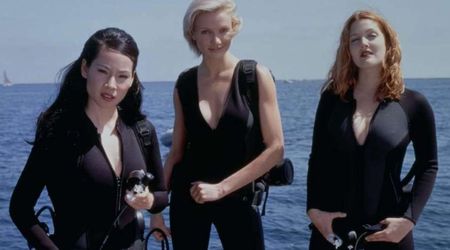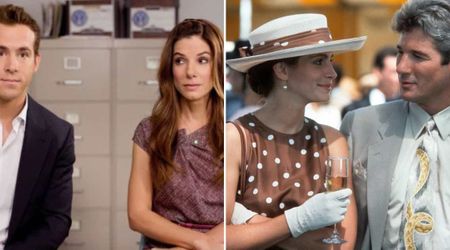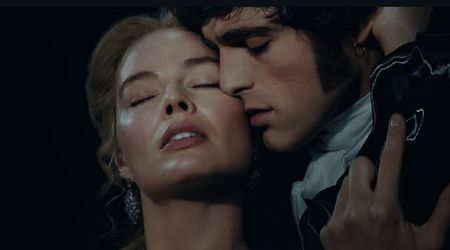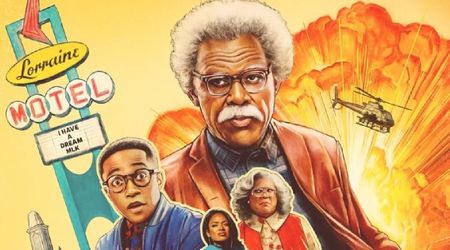Martin Scorsese's take on Marvel: Filmmaker errs on holding on to a narrow definition of cinema

Everyone, it seems, has an opinion on Martin Scorsese’s comments from an interview with ‘Empire’ in which he said the Marvel movies aren’t cinema. “I don’t see them. I tried, you know? But that’s not cinema,” he said. With the impact that the Marvel movies have had on the entertainment industry, there were many responses from various people in the industry, whether they were directly connected to a Marvel movie or not. It’s easy to see Scorsese’s comments as offhand snobbishness, many people have taken it as such. Martin Scorsese himself, in an opinion piece for the New York Times, took to clarify his statements - and he raises some valid points.
The biggest fault with Scorsese’s comments - even after they’d been explained - is not his dismissiveness. Even in his original comments, he takes the time to acknowledge that the Marvel films are well made, by talented people all around. No, the biggest fault lies in him holding to a narrow definition of what “cinema” is, and what it isn’t. His possessiveness of a word that’s as vague as “art” or “beauty” or “goodness” is not a defensible position. Of course, the Marvel movies are cinema. What does or doesn’t count as cinema is a matter of opinion, not fact, and no amount of apt criticism can change that. With that out of the way, however, we should take a closer look at the more specific points he raises about the effect franchises like Marvel have on cinema as a whole.
Scorsese’s main point is that the Marvel movies are slowly eliminating risk in storytelling. The movies themselves are products of extensive market research. The movies are tested against focus groups, then changed accordingly. Announcements made years in advance test the waters of fan reaction, and that’s not even mentioning all the micromanagement that needs to be done to keep their larger continuity - the very micromanagement that robbed us of an ‘Ant-Man’ directed by Edgar Wright. The kindest way to put across Marvel movies as art is that they’re democratically produced cinema.
Marvel movies don’t change the way people think. As they are? They reflect and amplify the things people want to see on the screen. Giving people what they want isn’t exactly a scathing damnation for the Marvel method, but democratically produced art is the safest option, and safe art is limited art. Safe art isn’t aspirational.
It all boils down to this - besides the ambitious undertaking of cinematic crossovers, Marvel movies aren’t really covering new ground. They’re carefully curated retellings of ground that’s already been broken by decades of comic books. All risks in storytelling were taken years ago by comic creators who didn’t have the time or resources to focus-group their stories. Any risks taken were theirs.
Meanwhile, franchises are keeping young artists out. The success of franchises make movie studios increasingly unwilling to take a chance on something new - and why should they, when another reboot or sequel is guaranteed money in the bank? Scorsese points out that you can’t just blame audience demand - people will watch what they’re given, and franchise films are pushed hard onto everyone.
Marvel movies are fantastic. They’re fun, ambitious, and bring ridiculously thrilling stories to life in ways fans never could have hoped to see onscreen. But they’re pop. There are hints of cerebral themes, but everyone knows they fall apart under the slightest scrutiny. They’re fun in truly historic ways and have achieved something significant that not even Scorsese can deny. But he’s right that franchises like Marvel have made it harder than ever for movies to bring us something truly different. Something that we don’t quite understand as it fills the screen and changes our minds forever.
We’re starting to see superhero shows, and movies, that begin to break the mold. ‘The Boys,’ ‘Legion,’ ‘Doom Patrol’ and ‘Brightburn’ come to mind - but whether they come about because of the success of the Marvel movies, or in spite of them, is very much a matter of debate.

